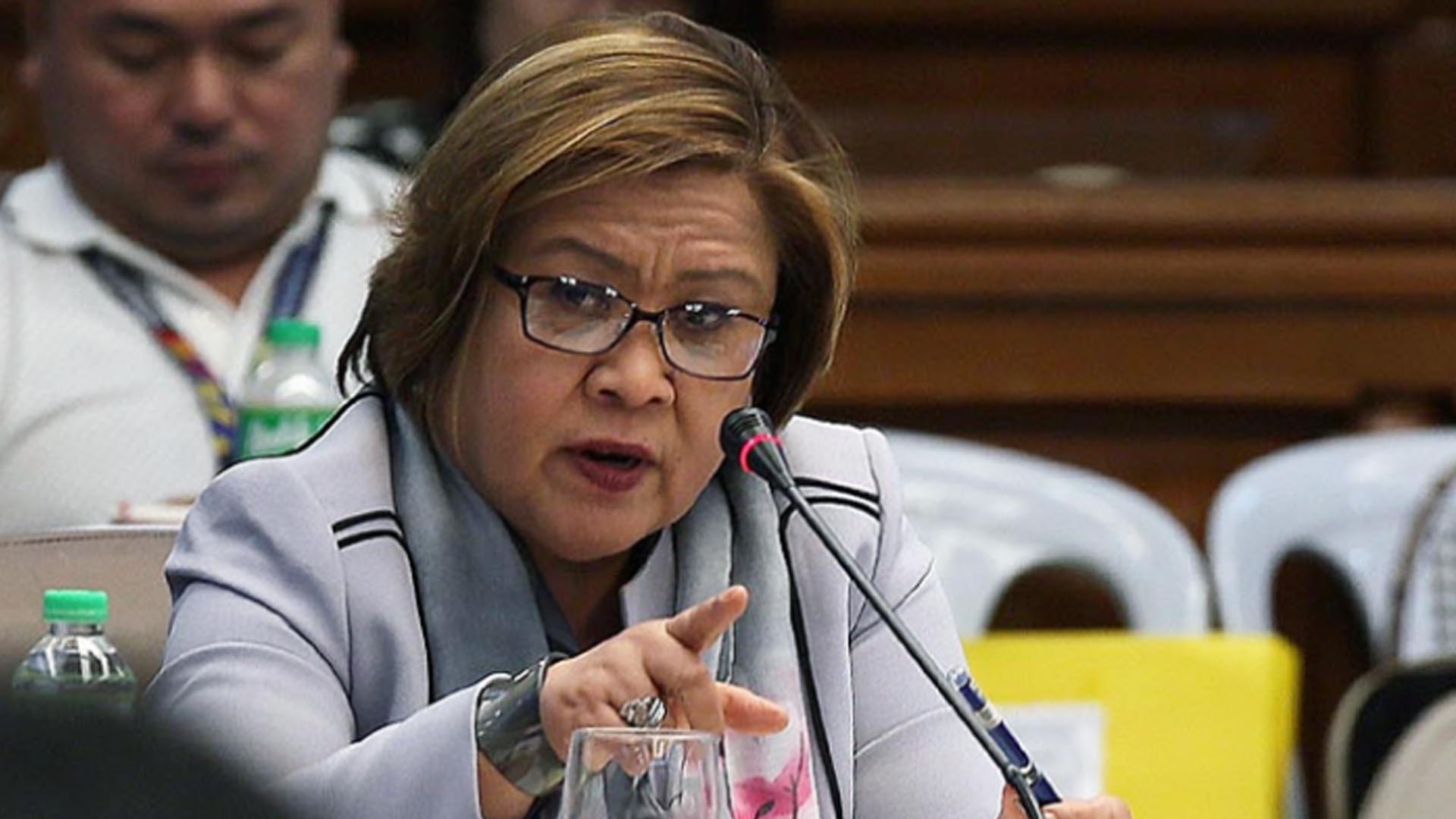Opposition Senator Leila M. de Lima has reintroduced a Senate measure seeking to ensure equal opportunities for men and women aiming to join the police force by hiring more female police officers in the Philippine National Police (PNP).
De Lima filed Senate Bill (SB) No. 1148 which seeks to increase the composition of women police officers in the PNP by amending Section 58 of Republic Act (RA) No. 8551, or “The Philippine National Police Reform and Reorganization Act of 1998, to conform to what is mandated under RA No. 9710, or the Magna Carta of Women.
“There is urgency to increase women’s representation in the police force which hopefully will result in a more responsive and committed police force towards preventing violations and abuses of women’s rights,” she said.
According to the Center for Women’s Resources (CWR), 56 policemen have been involved in 33 state-perpetrated cases of violence against women since Mr. Duterte assumed office, as of 2018.
In 2016, Coalition Against Trafficking in Women-Asia Pacific has documented cases of abuses against women by the police, including a woman who reportedly ended up as the policemen’s sex slave for three days because she could not come up with the money for the freedom of his husband arrested on trumped-up drug charges in Manila.
De Lima, a social justice and human rights champion, said her proposed amendment to RA No. 8551 is necessary because the existing law has a discriminatory provision that is inconsistent with the provision of the Magna Carta of Women.
The Magna Carta of Women seeks to eliminate discrimination against women by recognizing, protecting, fulfilling and promoting the rights of Filipino women. “One of the rights spelled out was the right of a woman to equal treatment of the law,” De Lima noted.
Under SB No. 1148, the PNP shall implement an incremental increase in the annual recruitment, training, and education quota for female police officers until the number of female personnel increases from 10 to 50 percent in the next five years.
“The Philippines is obliged to take appropriate measures, including legislation, so that every Filipina can enjoy her human rights and fundamental freedoms, without discrimination,” De Lima said.
The Philippines is considered as the first country in Southeast Asia which signed and ratified the Convention on the Elimination of All Forms of Discrimination Against Women, also known as the International Bill of Rights of Women.









